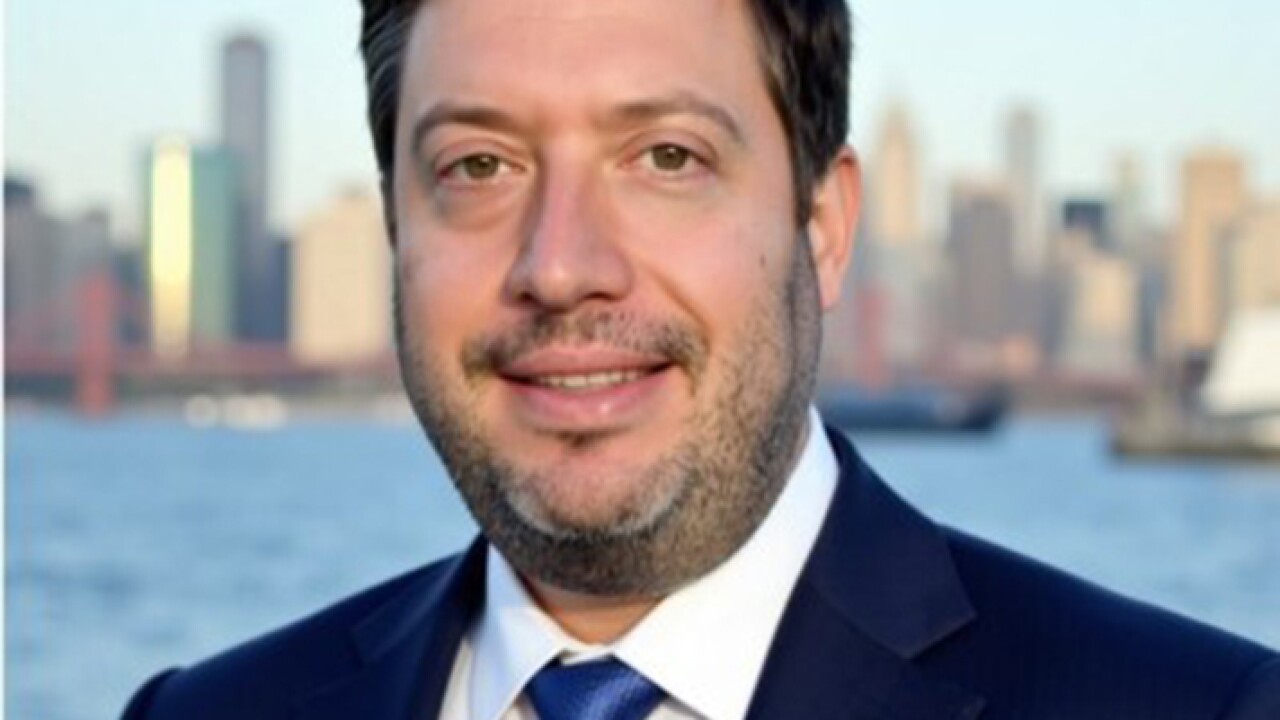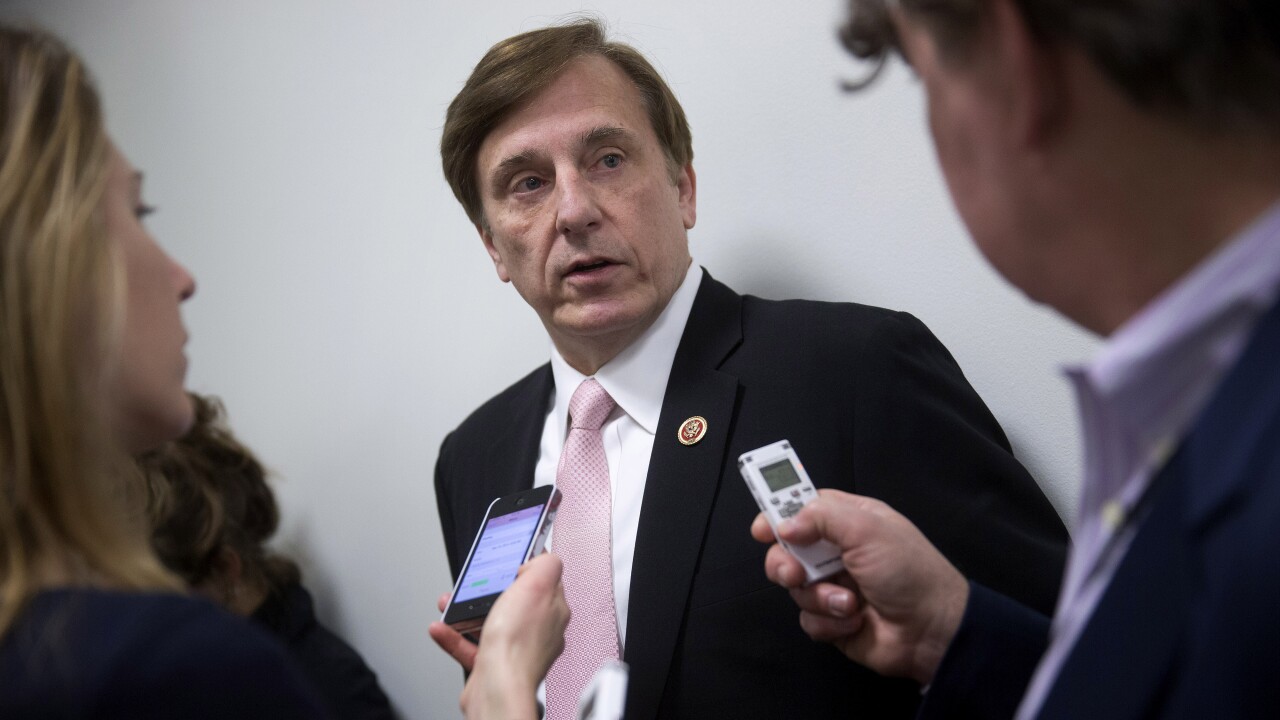Florida Gov. Charlie Crist late last week signed HB 7179, giving local governments the authority to use municipal bonds to help homeowners finance energy-conservation improvements.
The program is similar to the property-assessed clean energy, or PACE, programs created in other states, but has a feature unique to Florida. It authorizes bond financing for improvements that help property owners strengthen their homes against storms.
The annual six-month hurricane season began Tuesday.
Eighteen states have implemented legislation based on the PACE model, according to the Database of State Incentives for Renewables and Efficiency program at North Carolina State University.
PACE financing allows property owners to borrow money through the issuance of revenue bonds to pay for renewable energy and energy-efficiency improvements.
The debt typically is repaid through a special assessment on their property.
“No other PACE-type state laws authorizing local entities to offer PACE programs include improvements that would help people protect their property from hurricanes,” said Amanda Vanega, a policy analyst working in the DSIRE program.
Florida’s law also authorizes local governments to partner with each other to finance energy conservation and renewable-energy improvements as well as to make wind-resistance improvements such as reinforcing roofs, putting on wind-resistant shingles, and installing storm shutters.
According to Bob Reid, an attorney at Bryant Miller Olive who helped craft Florida’s legislation, financings from Florida are expected to be structured similar to a line of credit by using a drawn-down bond facility. Once there are enough loans, they can be sold to long-term investors at fixed rates.
The ability of local governments to enter partnerships and aggregate the loans into larger financings also should make the program more attractive to the capital markets, Reid said.





